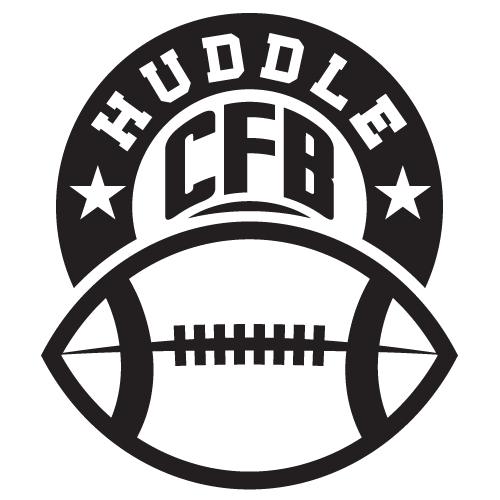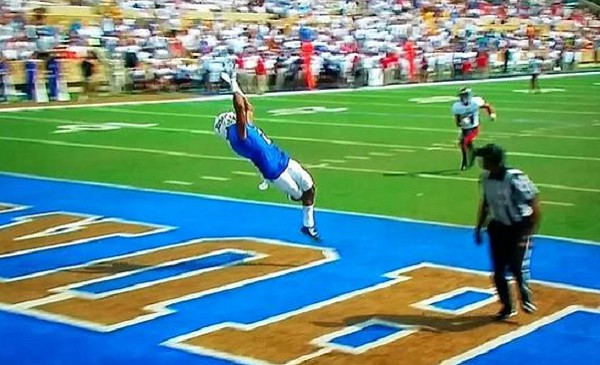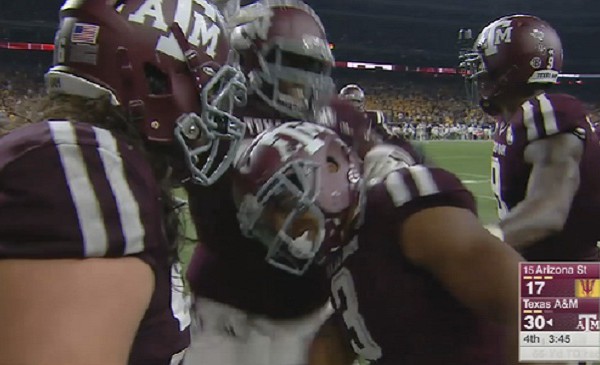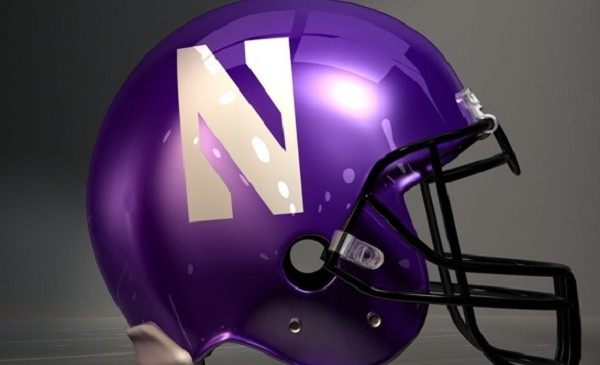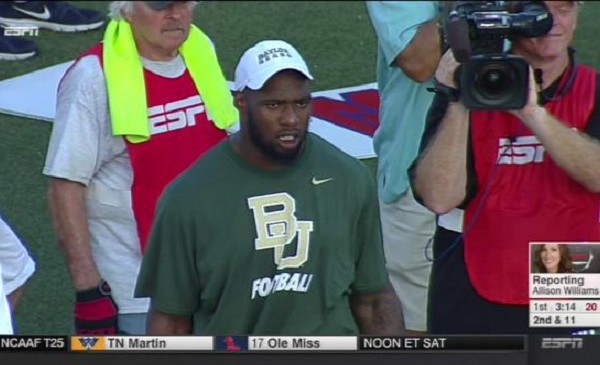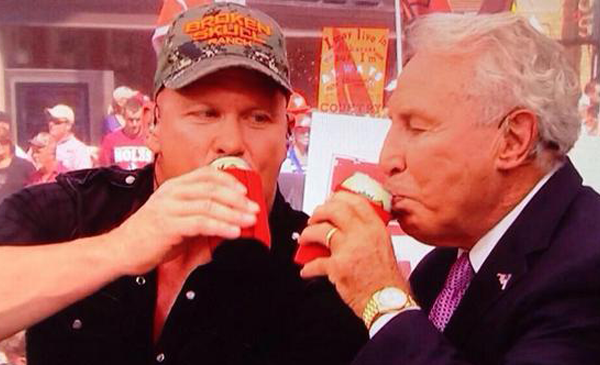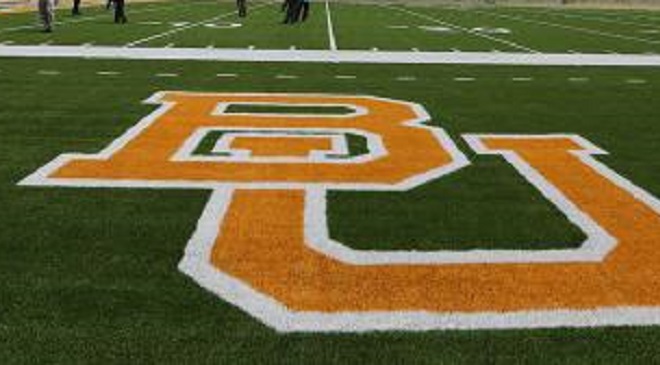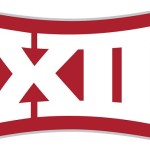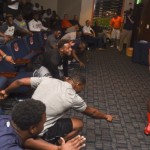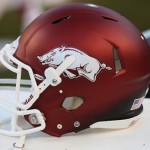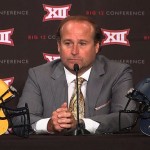Texas Monthly published a powder-keg investigative piece Thursday that chronicles the “silence at Baylor” regarding defensive end Sam Ukwuachu.
If you’ve yet to read this long exhaustively reported piece, do so — even if, at times, you makes you cringe. Especially if it makes you cringe.
Ukwuachu, the former Freshman All-American at Boise State, transferred into Baylor in 2013 but missed all of last season with an unspecified matter. Texas Monthly covers the finer details, but essentially, the code of omerta seemed to be enforced in all phases, starting with the circumstances that led to his ouster at Boise State and up until the indictment and trial for rape allegations at Baylor.
Tommy Witherspoon of the Waco Tribune reports Ukwuachu was found guilty Thursday. He’s facing up to 20 years in prison.
Ukwuachu’s trial casts a harsh spotlight once more on a hot topic of the offseason: second chances.
Ukwuachu’s arrest for a second violent crime against a woman mirrors the circumstances of defensive lineman Jonathan Taylor’s arrival and quick dismissal from Alabama.
Nick Saban drew scrutiny for bringing Taylor into the fold after his dismissal from Georgia for domestic violence charges.
USA Today‘s Dan Wolken addresses a similar argument, placing a measure of responsibility with Baylor head coach Art Briles:
Despite the clear warning signs of violent behavior, Baylor had brought Ukwuachu into their community because, by golly, he sure could help the pass rush. Five months later, all that had really changed about Ukwuachu’s tendencies was the venue.
Baylor brass, not just Briles, will face serious questions as to its diligence before accepting Ukwuachu after his Boise State dismissal.
BU’s defense, at least implicitly, is ignorance.
That is all the questions for McCraw, who investigated the incident and determined there was insufficient evidence to "move forward."
— Tommy Witherspoon (@TSpoonFeed) August 20, 2015
Pleading the Fifth may not suffice when inquiries come, however.
When a student assaults another student, the university/team are required to follow Title IX, not the justice system. That's federal law.
— Kevin Trahan (@k_trahan) August 20, 2015
So let’s talk second chances. I’m not anti-second chance, because the cosmos know I’ve been anything but perfect in my own life. But second chances should be earned.
The NCAA needs clearly understood standards all member institutions must follow, with steps wayward athletes must take to be granted a second chance.
These standards should also fit the transgression. Smoking pot isn’t on the same plane as allegations of domestic violence, thus football programs and universities shouldn’t treat such cases with the same severity (or lack thereof).
A young man can certainly turn his life around. Just this week, my friend Aaron Torres published at Fox Sports an in-depth look at how once-troubled Ohio State running back Maurice Clarett has righted his path and used his former transgressions to teach current athletes.
Getting on that right path for Clarett meant paying a hefty cost, however. He was sentenced to 7.5 years in prison in 2006 for armed robbery.
Clarett told Torres:
“I don’t care who you are, nobody plans to go to prison. When you’re in prison it’s like ‘Hey, how did this thing become what it is?’ At that point you begin to assess your behavior or assess your decision-making, and you correct it. You become self-aware, you set some good new goals and you create new paths. You realize you have to fix it.”
Like Clarett, Sam Ukwuachu will go to prison. Would a cell have been his destiny had he not been granted another chance so shortly after domestic violence allegations at Boise State?
Obviously, no one can answer that definitively. But those in positions of power can take measures to at least try preventing such horrible crimes in the future.
